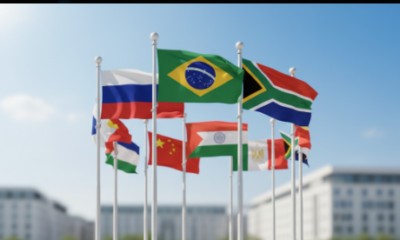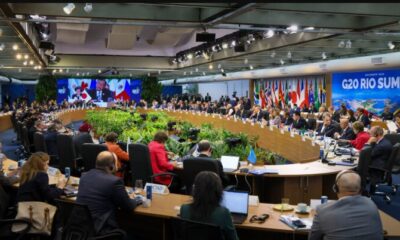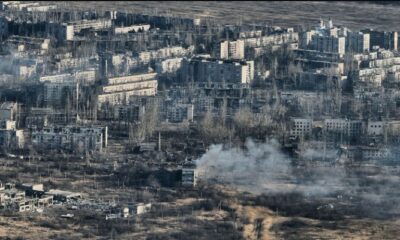Hong Kong’s leader at the time, Leung Chun-ying, refused to step down, though he did not seek another term in 2017. Lawmakers rejected a proposal that would have allowed Hong Kong voters to directly elect their leader, known as the chief executive, but only from a slate of candidates approved by a pro-establishment election committee.
Some young activists took to politics after the defeat of the Umbrella Movement but found themselves blocked from holding office.
In 2016 and 2017, Hong Kong courts removed six lawmakers for altering their oaths of office to include phrases of protest that echoed the calls of the Umbrella Movement. Several others have been disqualified from running in recent elections by officials who have ruled that they do not sincerely believe that Hong Kong is an “inalienable part” of China.
Hong Kong, a former British colony, returned to Chinese rule in 1997 under a “one country, two systems” arrangement that allows it to maintain its own local government and legal system, with far more robust protection of civil liberties than in mainland China. The Basic Law, Hong Kong’s local constitution, envisions a directly elected chief executive, but the central government has maintained that the candidates must pass a strict nomination procedure, which helped set off the 2014 protests.
In addition to the three Occupy Central founders, the six others on trial include Tanya Chan and Shiu Ka-chun, both current lawmakers; Lee Wing-tat, a former lawmaker; Tommy Cheung and Eason Chung, who were student leaders; and Raphael Wong, a member of the League of Social Democrats, a pro-democracy party.
The government has prosecuted 266 people over the Umbrella Movement, with 118 convicted, according to a tally last year by Kong Tsung-gan, a Hong Kong writer and activist.
Last year, Hong Kong’s highest court overturned prison sentences of six to eight months given to three student leaders, Joshua Wong, Alex Chow and Nathan Law. But the court also affirmed tougher sentencing guidelines for future offenses that “cross the line of acceptability, including acts of incitement, particularly so if violence is involved.”

 General News1 week ago
General News1 week ago
 Business News1 week ago
Business News1 week ago
 Jobs1 week ago
Jobs1 week ago
 General News1 week ago
General News1 week ago
 Business News1 week ago
Business News1 week ago
 Politics1 week ago
Politics1 week ago



